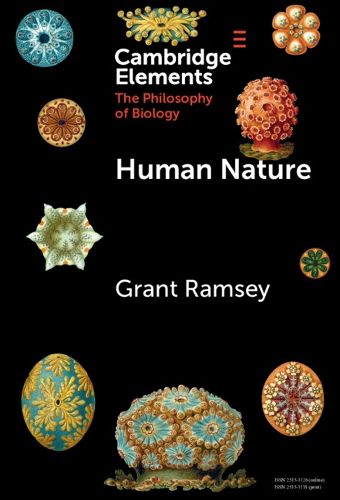Readings Newsletter
Become a Readings Member to make your shopping experience even easier.
Sign in or sign up for free!
You’re not far away from qualifying for FREE standard shipping within Australia
You’ve qualified for FREE standard shipping within Australia
The cart is loading…






Human nature is frequently evoked to characterize our species and describe how it differs from others. But how should we understand this concept? What is the nature of a species? Some take our nature to be an essence and argue that because humans lack an essence, they also lack a nature. Others argue for non-essentialist ways of understanding human nature, which usually aim to provide criteria for sorting human traits into one of two bins, the one belonging to our nature and the other outside our nature. This Element argues that both the essentialist and trait bin approaches are misguided. Instead, the author develops a trait cluster account of human nature, which holds that human nature is based on the distribution of our traits over our (actual and possible) life histories. One benefit of this account is that it aligns human nature with the human sciences, rendering the central concern of the human sciences to be the study of human nature. This title is also available as Open Access on Cambridge Core.
$9.00 standard shipping within Australia
FREE standard shipping within Australia for orders over $100.00
Express & International shipping calculated at checkout
Human nature is frequently evoked to characterize our species and describe how it differs from others. But how should we understand this concept? What is the nature of a species? Some take our nature to be an essence and argue that because humans lack an essence, they also lack a nature. Others argue for non-essentialist ways of understanding human nature, which usually aim to provide criteria for sorting human traits into one of two bins, the one belonging to our nature and the other outside our nature. This Element argues that both the essentialist and trait bin approaches are misguided. Instead, the author develops a trait cluster account of human nature, which holds that human nature is based on the distribution of our traits over our (actual and possible) life histories. One benefit of this account is that it aligns human nature with the human sciences, rendering the central concern of the human sciences to be the study of human nature. This title is also available as Open Access on Cambridge Core.